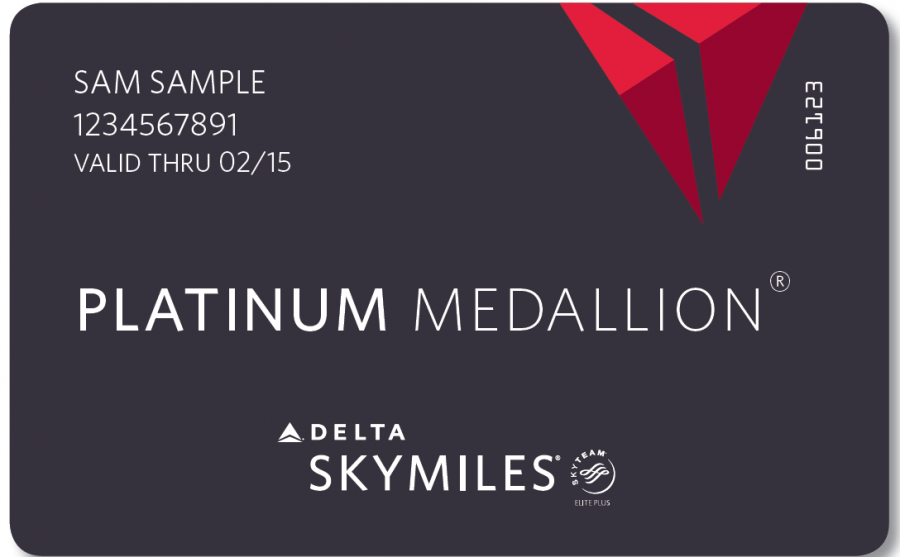Skift Take
When it comes to regulating frequent flier programs, the U.S. Department of Transportation has little authority.
The U.S. Department of Transportation should more closely monitor and regulate frequent flier programs, the agency’s inspector general charged in a recent report.
The audit, which mainly examined the practices of Delta Air Lines, American Airlines, and Virgin America, found the DOT rarely investigates possible deceptive practices from airlines, even when it may be warranted.
The inspector general’s office said consumers filed 76 frequent flier program-related complaints between 2012 and 2014, and it estimated that 11 percent had some merit. But the DOT forwarded none of the complaints to its attorneys, who would have investigated further. Instead, government analysts generally told consumers their complaints did not fall under DOT rules.
The report suggested carriers may be making changes to their frequent flier programs without giving travelers proper advanced warning. In one case, a traveler complained that an airline had announced it would be instituting a new fee, giving consumers only two weeks warning before implementing it.
“Although DOT considers a change to terms and conditions without reasonable notice to be an example of an unfair or deceptive practice, DOT took no further action on this complaint and forwarded it directly to the airline to resolve with the consumer,” the inspector general said. “DOT officials acknowledged the need for analysts to receive additional training to ensure they track and pursue complaints on practices that are potentially unfair or deceptive.”
The report acknowledged that airlines have wide latitude to change terms and conditions when they want. The DOT is considering a rule that would require airlines to give passengers advanced notice, but the report suggested that, even without the rule, the government still has some remedies.
“Even in the absence of a specific regulation for reasonable notice, DOT can take enforcement action under the unfair or deceptive practice statute,” the report said.
The report also examined how many free seats the airlines make available. It found that airlines do release seats, as they claim, but often not in a transparent manner.
“They do not fully inform consumers that limitations are decided using complex computer modeling to forecast demand for each flight,” the report said.
However, the inspector general concluded that the DOT has little authority over this aspect of the programs.
“Ultimately, since there are no specific requirements in these areas, airlines are free to use their own discretion and business principles to decide how to disclose information regarding their award-travel algorithms and redemption history to consumers,” the report said.
The Daily Newsletter
Our daily coverage of the global travel industry. Written by editors and analysts from across Skift’s brands.
Have a confidential tip for Skift? Get in touch
Tags: dot, frequent flier programs, loyalty
Photo credit: The DOT's inspector general believes the government should more closely examine frequent flier programs. Delta Air Lines
